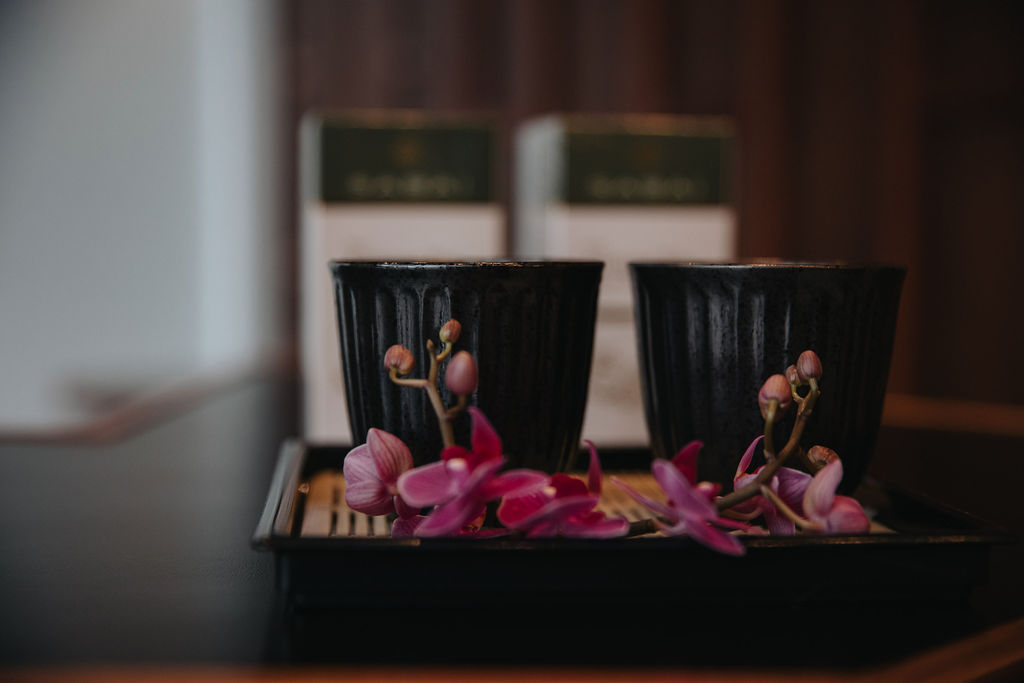Hayfever season can be tough. Constant sneezing, itchy eyes, and that heavy congested feeling can quickly affect your daily life.
While over-the-counter medications are common, many people are now turning to natural remedies to ease their hayfever symptoms.
The good news? You can support your body’s defenses and find relief without relying solely on medication.
In this guide, we’ll share simple lifestyle tips, natural remedies, and spa therapies that can help you beat hayfever naturally.
1. Simple Lifestyle Adjustments
Making small changes to your daily routine can go a long way in minimizing hayfever triggers:
- Keep windows closed during peak pollen hours.
- Shower and change clothes after being outdoors to remove pollen.
- Use an air purifier at home to reduce airborne allergens.
- Stay hydrated to keep mucus thin and easier to clear.
2. Natural Remedies for Relief
Nature offers plenty of gentle yet effective solutions for easing hayfever symptoms:
- Herbal teas like chamomile, peppermint, and nettle may calm inflammation.
- Local honey could help your body adapt to local pollen over time.
- Essential oils such as eucalyptus or lavender may open airways and ease breathing when diffused or inhaled.
3. Manage Stress to Ease Symptoms
Stress can actually make hayfever worse. When your body is tense, your immune system may become more reactive to allergens.
- Try yoga or meditation for relaxation.
- Incorporate breathing exercises to calm both body and mind.
4. Massage & Spa Therapies for Hayfever Support
Massage is more than just relaxation — it can support your body’s natural healing process. At Sabai Thai Spa Vancouver, we offer therapies that may help you feel better during allergy season:
- Reflexology: Targets pressure points that may ease sinus pressure and improve energy balance.
- Flow Massage: Promotes circulation, helps the body release tension, and encourages better breathing.
- Thai Massage: Supports overall immune health, reduces stress, and helps restore balance in the body.
Book your treatment today and give your body the natural support it needs.
5. Diet & Natural Supplements
The foods you eat can make a big difference in managing hayfever:
- Vitamin C-rich foods (oranges, kiwi, bell peppers) act as natural antihistamines.
- Omega-3 fatty acids from fish, chia seeds, or flaxseeds reduce inflammation.
- Probiotic-rich foods like yogurt, miso, or kimchi may help balance the immune system.
6. When to See a Professional
While natural remedies can help, persistent or severe symptoms may need medical attention. Always check with your doctor if symptoms interfere with your breathing or quality of life.
Conclusion
Hayfever doesn’t have to control your life. With simple lifestyle changes, natural remedies, and spa therapies, you can ease symptoms and feel better naturally.
At Sabai Thai Spa Vancouver, our Reflexology, Flow Massage, and Thai Massage treatments provide holistic relief that supports your wellness during allergy season.
Book your appointment today and experience how natural care can help you beat hayfever and restore balance to your body.



